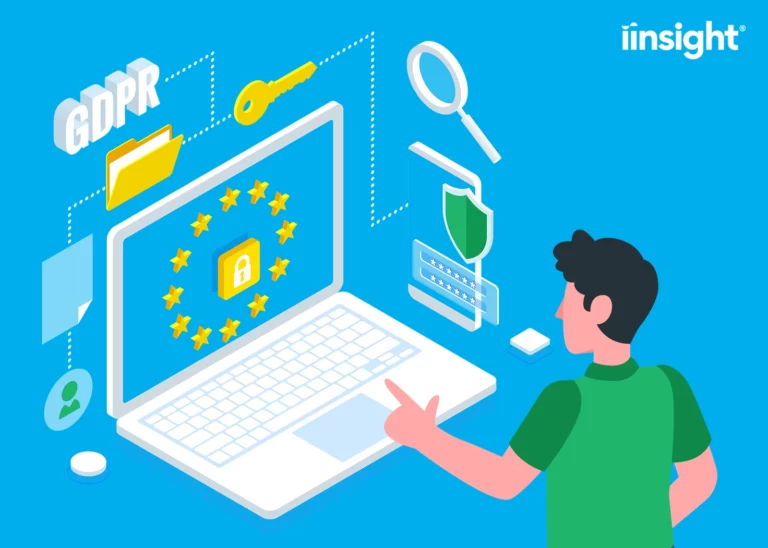Digital technology is revolutionizing how organizations operate. 99 percent of small and medium businesses admit that they use at least one digital tool in their daily operations.
The right software can dramatically boost productivity in your organization. It can cut the amount of time you need to do tasks, boost accuracy, and improve interconnectedness.
Today, two of the most popular digital tools are case management systems and customer relationship management (CRM) systems. Many people confuse the two, but there are key differences between the two.
In today’s post, we shed light on the case management system vs CRM system discussion so you can know which of the two to use when. Let’s delve right in.
What Is a Case Management System (CMS)?
If you’re one of the five million allied health providers working in the United States today, you’ve likely heard about case management systems.
A case management system is a tool that health care providers can use to organize and keep track of their patients’ medical records. It helps providers to coordinate care by making it easy to access information about a patient’s information, such as:
- Medical history
- Current condition
- Upcoming appointments
Case management software can also generate reports and progress notes, which can be shared with other care team members. Case management systems play an important role in ensuring that patients receive the coordinated care they need.
What Is CRM?
CRM, or customer relationship management, is a business strategy designed to improve customer satisfaction and loyalty. CRM systems track and manage customer data, including:
- Contact information
- Purchase history
- Communication records
CRM systems also provide sales and marketing teams tools to automate tasks and target potential customers.
CRM has become more important as businesses strive to improve customer retention rates in the face of intense competition. These systems offer a significant return on investment by boosting sales and reducing customer churn.
Case Management System Vs CRM: The Main Differences
While both case management systems and CRM systems are designed to help organizations track and manage data, there are some key differences between the two. Here are some of them.
Software Purpose
In allied health care, case management and CRM systems are used for different purposes. These systems can help track individual patients and their progress through the health care system.
CRM systems, on the other hand, are used to manage customer relationships. The goal is to provide a better experience for customers and to build customer loyalty.
User Base
Case management systems are typically used by healthcare providers, such as doctors, nurses, and case managers. These systems are designed to help providers coordinate care and track patient progress.
Conversely, CRM systems are suitable for businesses of all types. They help sales and marketing teams track customer data and automate tasks.
Data Tracking
Case management systems track patient data. A case manager can help coordinate care by making it easy to access information about a patient’s health history.
CRM systems track customer data, including contact information, purchase history, and communication records. CRM systems also provide tools for sales and marketing, helping teams automate tasks and target potential customers.
Features
A CMS typically includes features such as a calendar, task list, contact management, document repository, and case notes.
A CRM typically includes features such as:
- A contact database
- Lead tracking
- Sales pipeline
- Opportunity management
While both systems have features that can be used to track and manage patient care, they are designed for different audiences and purposes.
Pricing
Case management systems and CRM systems vary in price, depending on their features. A CMS typically costs more than a CRM. This is because a CMS is designed for businesses in allied health care, which generally have higher overhead costs than other businesses.
Complexity
While both CMSs and CRMs are complex applications, CMSs tend to be more complex due to the nature of allied health care. For example, allied health care professionals must often consider clinical guidelines, regulations, and reimbursement policies when providing care. In contrast, businesses typically do not have to consider these factors when interacting with customers.
The learning curve is thus generally steeper for case management systems than for CRM systems. However, both types of systems offer training and support to help users get started.
Integrations
Case management systems often integrate with electronic health records (EHRs) and practice management systems. This integration allows providers to access patient data from a single application, enjoying the full benefits of keeping electronic records.
CRM systems typically integrate with customer relationship management software (CRM software). This integration allows businesses to manage their customer data from a single application.
Deployment
Case management systems are typically deployed on-premises, which means companies install them on their own servers. On the other hand, CRM systems can be deployed on-premises or in the cloud.
Cloud-based CRM systems are becoming more popular as they offer businesses the flexibility to scale their operations up or down as needed.
That said, it’s important to realize there are vendors who offer cloud-based case management software. If you prefer the cloud for all of your software, you’re covered.
Case Management System vs CRM: Which is Right for Your Business?
The case management system vs CRM debate is one that has been around for some time. There is no clear winner, as both types of systems have their own advantages and disadvantages.
To decide on the best software between the two, evaluate your needs and objectives. If you need a system that will help you track and manage patient care, then a case management system is likely the best option. If you need a system that will help you track and manage customer data, then a CRM system is likely the best option.
Choose the Right Type of Software for Your Needs
Hopefully, the case management system vs CRM system debate makes more sense to you now. As you’ve seen, both systems help organizations track and manage data, but there are significant differences between the two. The right software for you depends on your particular needs.
Are you interested in a case management reporting system you can use to elevate your practice? Start your free trial with our cloud-based solution today.











